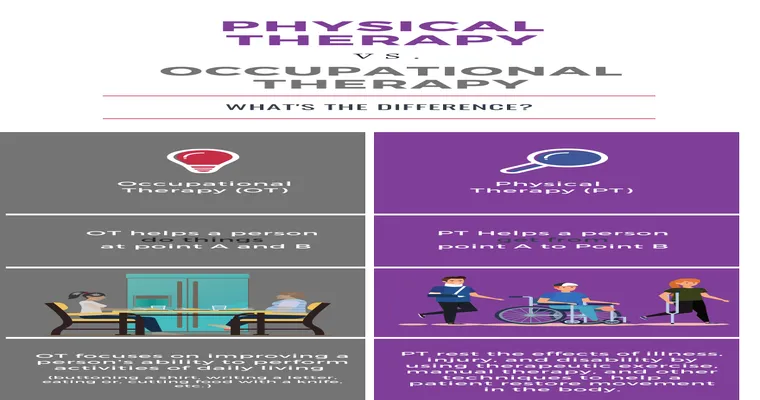When a loved one is experiencing concerning health issues such as "edema", "memory loss", and "falling", it can be incredibly challenging, especially if they believe nothing is wrong. It is crucial to approach the situation with compassion and understanding. This article will guide you through effective strategies to encourage your father to seek medical help, ensuring he receives the care he needs.
First and foremost, it is essential to communicate openly with your father about your concerns. Begin by expressing your feelings in a calm and non-confrontational manner. Let him know how much you care about his well-being and that you have noticed some changes in his health. Highlight specific instances, such as when he experienced "edema" or when he fell, to illustrate your worries. This can help him understand that your concerns are based on observable facts rather than mere assumptions.
Another effective strategy is to involve other family members or close friends in the conversation. Sometimes, hearing concerns from multiple people can help him realize the gravity of the situation. Encourage them to share their observations and feelings as well. This collective approach can create a supportive environment that may motivate him to consider seeking medical attention.
If your father remains resistant, consider suggesting a routine check-up rather than a visit solely focused on his health issues. Frame it as a preventive measure, emphasizing that regular check-ups are essential for everyone, regardless of how they feel. This way, he might be more inclined to agree without feeling pressured.
You can also offer to accompany him to the appointment. The idea of going to the hospital or doctor’s office can be daunting, especially for older adults. By offering your support, you can alleviate some of that anxiety and make the experience less intimidating. Promise to be with him every step of the way, and reassure him that he will not be alone during this process.
In some cases, it may be necessary to have a more direct conversation about the seriousness of his symptoms, such as "memory loss" and frequent "falls". Explain how these issues can affect his quality of life and lead to further complications if left untreated. If he understands the potential risks, he may be more willing to seek help.
If your father continues to deny the need for medical attention and his condition appears to be deteriorating, you may need to take more decisive action. This might include contacting a healthcare professional for advice or even arranging for a home visit by a medical practitioner. In extreme cases, if he is at risk of harming himself or others, you may have to consider emergency intervention.
Ultimately, the goal is to ensure your father receives the help he needs. By communicating openly, involving others, framing the situation positively, and offering support, you can guide him toward recognizing the importance of seeking medical attention. Remember, patience and compassion are key during this difficult time. Your love and concern can make a significant difference in his willingness to accept help for his "edema", "memory loss", and the risks associated with "falling".





